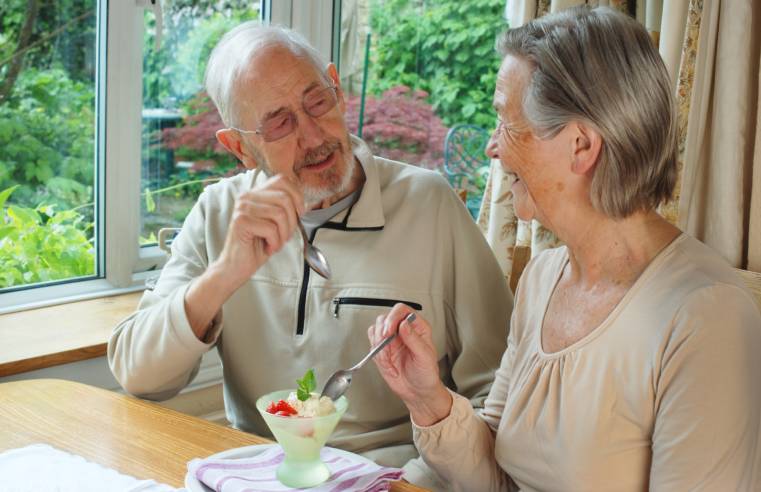As we mark International Women’s Day this March 8, it’s the perfect time to recognise the incredible contribution of women in healthcare.
Across the UK, women make up over 75% of the health and care workforce, with almost 90% of nurses being female. Care work, in particular, has long been seen as a female-dominated profession, but things may be starting to shift.
For the first time since records began, men now account for 21% of England’s care workforce, breaching the one-fifth threshold, according to figures released by the government-funded agency Skills For Care.
While women still form the clear majority of workers in the sector, this shift raises important questions: why do so many women choose care roles? And why have men historically been less likely to?
The traditional face of care
There’s no denying that care work has historically been viewed as ‘women’s work’. The traits most commonly associated with these roles – compassion, patience, emotional intelligence – have traditionally been linked to women. From nurses to carers to hospice workers, women have always played a central role in looking after society’s most vulnerable.
But care is not just about kindness; it requires skill, resilience, and expertise. It’s an industry that demands dedication, yet still faces challenges with recognition and pay; factors that may contribute to why it has been seen as less attractive to men.
A changing landscape
The fact that men now make up more of the care workforce suggests perceptions may be changing. A greater focus on the importance of care work, combined with recruitment campaigns aimed at attracting a more diverse workforce, may be breaking down outdated gender stereotypes.
However, challenges remain. Research suggests that male carers are often perceived as being promoted more quickly into senior roles than women; and some report feeling that care work is still regarded as a ‘female profession’.
The Investing in the Power of Nurse Leadership report found that 52% of nurses said the preferential treatment of men for promotion was a significant barrier to women obtaining leadership positions.
The survey of 2,537 nurses from 117 countries, including the UK, revealed that the perception of nursing as a ‘feminine’ or ‘nurturing’ profession was one of the major factors behind women struggling to progress into leadership roles.
Leading the way
Liz Searle, CEO of Keech Hospice, based in Bedfordshire, said: “We’re incredibly proud that women don’t just make up the majority of our workforce at Keech – they lead from the top, too. Women have always been the driving force in healthcare, bringing not just compassion but also skill, innovation, and leadership.
“Yet despite making up the vast majority of the sector’s workforce, too many women still face barriers to progression. That’s something we need to address— by ensuring women, and minority communities, are given the same opportunities to advance.
“At Keech, we’re proud to have strong female leadership, but this isn’t the case everywhere. We need to break down the outdated idea that care work is ‘women’s work’ while also making sure that the women already in these roles are properly recognised, supported, and valued. True progress in healthcare will only happen when there is equity of opportunity building career success.”
What next?
While International Women’s Day is a time to celebrate the women who have shaped and continue to shape healthcare, it’s also an opportunity to push for progress by:
- Recognising care work for the skilled profession it is.
- Encouraging more men into care roles, while ensuring that women remain supported and valued at every level.
- Ensuring fair pay and career progression for all, regardless of gender.


























